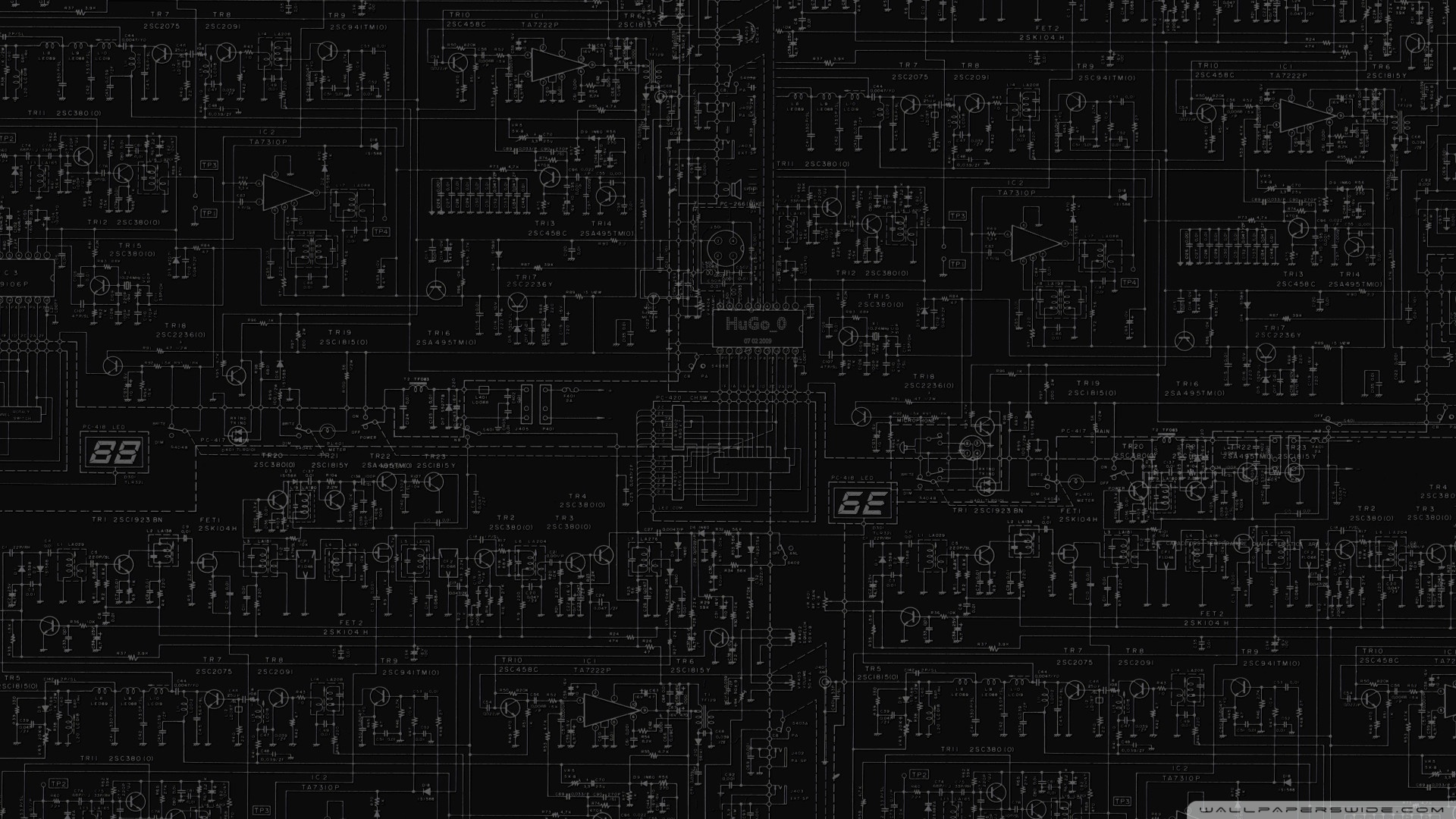will keep this short.
Decided to play Rust, and would get kicked with error "invalid session" something or other. couldnt figure it out.
Then tried to play Valheim again after not playing for quite a while, and game crashes. event viewer shows nvidia driver that crashed and recovered.
I had recently upgraded from a 9700k to a 9900ks, so I started thiunking this was the problem.
I also managed to OC my ram even further with the 9900ks, so this was also something that could be the problem.
I decided to remove all RAM and CPU overclocks, uninstall every program I didnt need, verified game files, basically every fix the interwebs suggested.
I ignored all advise to remove GPU OC as I believed this could not be the problem since it has been stable for many years.
Long story short, set GPU to stock and both games playable.
my overclock: +400 on mem, and an undervolt on core. power 120%. temps in mid 60's.
so can my GPU have deteriorated slightly, even with an undervolt and decent temps?
Or, is my GPU suddenly trying to work harder due to more powerful CPU?
Decided to play Rust, and would get kicked with error "invalid session" something or other. couldnt figure it out.
Then tried to play Valheim again after not playing for quite a while, and game crashes. event viewer shows nvidia driver that crashed and recovered.
I had recently upgraded from a 9700k to a 9900ks, so I started thiunking this was the problem.
I also managed to OC my ram even further with the 9900ks, so this was also something that could be the problem.
I decided to remove all RAM and CPU overclocks, uninstall every program I didnt need, verified game files, basically every fix the interwebs suggested.
I ignored all advise to remove GPU OC as I believed this could not be the problem since it has been stable for many years.
Long story short, set GPU to stock and both games playable.
my overclock: +400 on mem, and an undervolt on core. power 120%. temps in mid 60's.
so can my GPU have deteriorated slightly, even with an undervolt and decent temps?
Or, is my GPU suddenly trying to work harder due to more powerful CPU?







